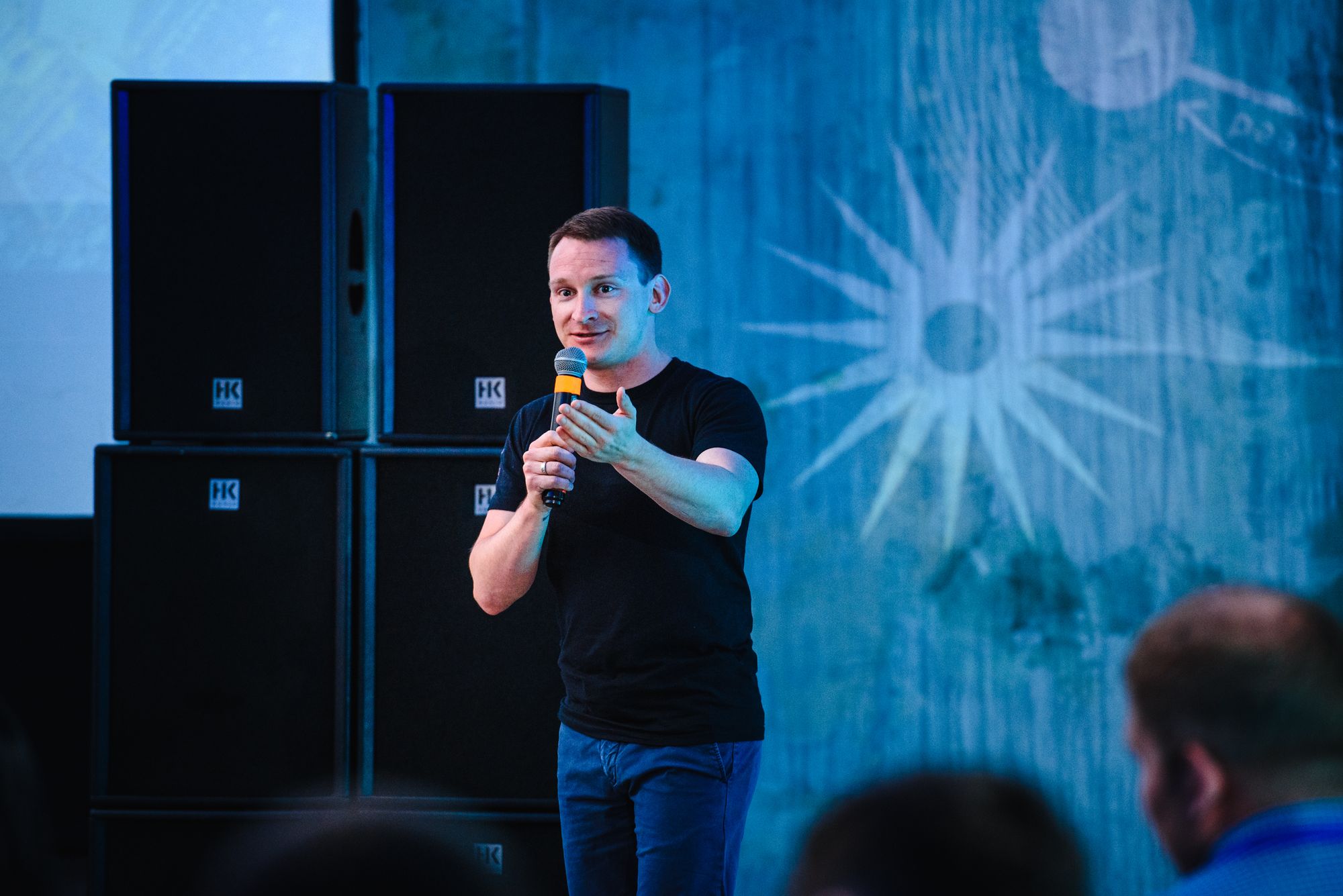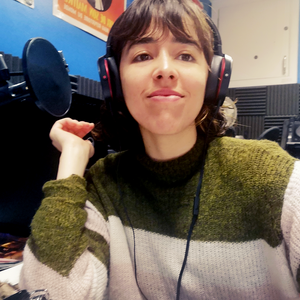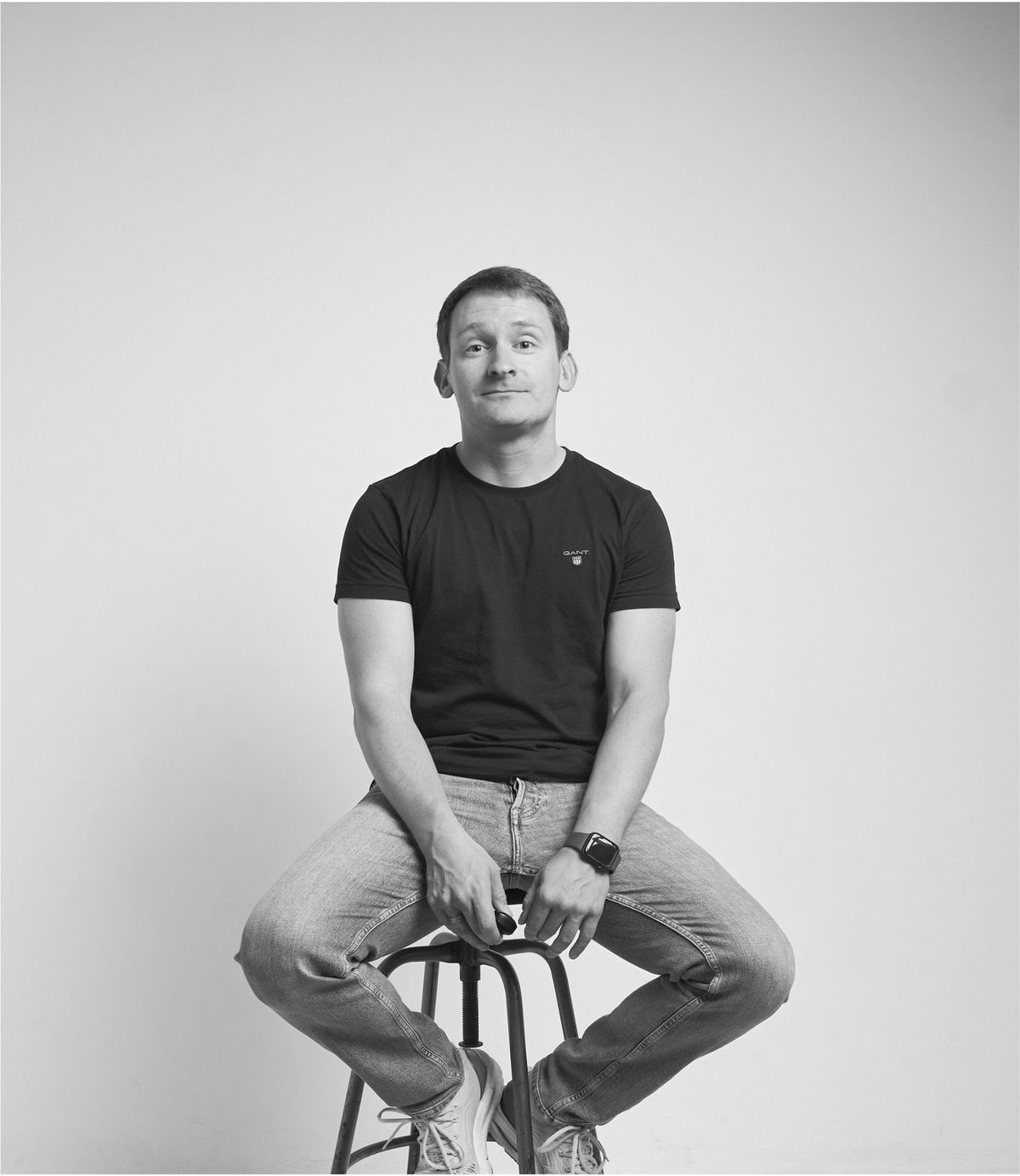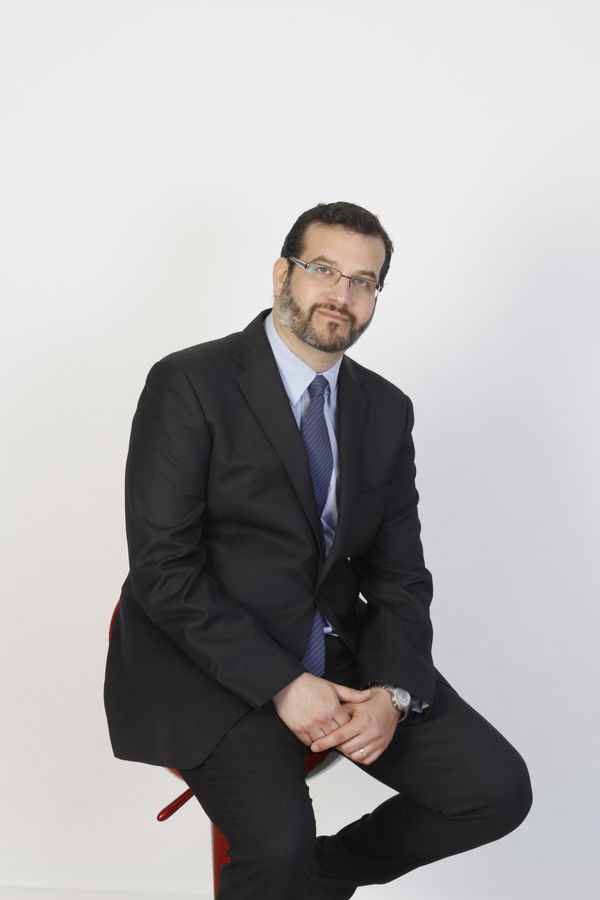Tel Aviv, Israel
Many of us believe we have the one-million-dollar idea that could finally fix that nagging issue or common challenge. If only someone else would put it to work or, better yet, give us the money and resources to do it. But the journey from a great idea to a successful business is much more complicated.
Russian-born, Israel-based entrepreneur Dima Maslennikov knows this all too well. As a seasoned startup advisor and investor, he has witnessed countless seemingly great ideas fall flat, never making it to the critical stage of execution. With over a decade in the startup ecosystem, he's noticed a common challenge among wantrepreneurs: an inability to master the art of structuring and effectively communicating their ideas to potential partners. "People have lots of ideas," says Maslennikov. "But they're really bad at conveying them."
A cutthroat reality
Maslennikov is the founder of PitchBob.io, an AI-powered bot designed to streamline the pitching process and help users communicate their business idea to potential investors, partners, and clients. Rather than focusing exclusively on the bells and whistles of deck design aesthetics, it organizes the concepts and ideas entrepreneurs often struggle to structure into a concise and clear format. Maslennikov argues this is key: "The pitch is a small piece. It's not the main thing by any account, but if it fails, that's it."
The ability to succinctly convey a business concept, capturing the audience's attention while showcasing your project's clarity and viability, remains crucial at every stage of the startup journey. Whether seeking a partner to kickstart a company and secure funding; doing the rounds at highly competitive VC events; or reaching out to the targeted customer base, mastering the art of the pitch is essential for the survival of a startup.
Let's face it: the odds do not favor the hopeful startup founder or entrepreneur. With Microsoft reporting an average of 137,000 startups created worldwide daily and a staggering 9 of 10 startups facing failure, competition is fierce. And these figures only account for startups that manage to get off the ground in the first place.
Dima often faced this harsh reality as a mentor in programs such as Google Launchpad Accelerator and the Founder Institute. Every year, hundreds of thousands of entrepreneurs looking to rise through the cutthroat reality of the startup ecosystem apply and attend labs, workshops, and VC events. While conducting these workshops in 2016, Maslennikov witnessed how much participants struggled with expressing their ideas and plans effectively. He'd see them come in with big ideas, only to watch them fall flat as soon as they tried to convey them.
"For early-stage ventures, that's always the biggest problem: saying what they're actually going to do. They start talking about the product but quickly forget about the clients, the market, and everything else," explains Maslennikov.
To help demystify the art of the pitch, he developed a list of questions that served as a pitch deck template. No need to reinvent the wheel: just fill in the gaps and follow the structured framework for a clearer, more convincing pitch.

Trusting the process
Over the next five years, Maslennikov used the same written template to help his workshop participants structure their ideas. It wasn't until 2021 that he realized the template he had been using in person could become scalable and far surpass the static nature of a printed list.
During the Covid-19 lockdown, he focused on what became his pandemic pet project: the MVP of PitchBob. AI technology helped turn the list into an interactive experience that asked users a set of questions to write their pitch. Unable to fly to conferences or bootcamps, he wondered how he could help hopeful entrepreneurs develop their pitches remotely.
Maslennikov recognizes it wasn't much more than a personal experiment at first — to keep himself occupied when, as he puts it, "there was not a lot to do."
As 2022 drew to a close, however, he started noticing a sudden surge in organic traffic to his company's website.
Like other startups trying to leverage nascent AI technology, PitchBob benefited from the growing interest in artificial intelligence spurred by the sudden popularity of generative tools like ChatGPT and DALL-E. While entrepreneurial early adopters of AI might have faced initial challenges with development costs and technological hindrances, the rapid advancement in AI technology positioned many of them favorably by 2023, ready to capitalize on the situation.
According to figures provided by PitchBob, they've been actively growing for the past nine months, doubling their revenue and audience. These numbers underscore the potential impact of AI-generated pitches, suggesting more than a passing or overblown fad. Recent research indicates that AI-generated pitches are three times more likely to score funding from investors than those written by humans.
PitchBob methodology remains rooted in its original approach: after guiding users through 40 questions, it uses their answers to produce a pitch deck, an executive summary, and elevator pitch text, amongst other similar outputs.
An ally to great ideas
PitchBob is a natural creation for Maslennikov, who believes deeply in the power of following tried and true methodologies to make it in the hyper-competitive world of startups. In conversation, he often acknowledges the influence existing methods within the startup world have had on shaping his work. He doesn't believe in "just winging it" or relying on mere serendipity — luck, fate, whatever you want to call it — to make his best ideas a reality.
"If you feel like you belong to the genius category, then by all means, just imagine something and wait for results. Perhaps you'll create something completely disruptive and change the world," says Dima. "But I'm not that person. I don't think I'm a genius, just a normal guy with some resources. So I should just follow a methodology and hope that will help me achieve success. I'm just trying to be realistic here."
Ironically, Maslennikov is opting to bootstrap PitchBob for at least the remainder of 2023 instead of utilizing its ability to help him secure funding. It's obviously a lot of work. PitchBob needs to sustain a team of fifteen people working remotely around the world. Maslennikov doesn't have any tech skills, so he focuses on selling — and pitching! — PitchBob to potential clients.
"We invest in search engines. We invest in LinkedIn outreach. We invest in content generation. We reach out to the organizers of pitching events. We outreach to accelerators to offer our product." The list goes on. "No magic. I'm a hustler," says Maslennikov. "So I hustle."
For the foreseeable future, his hustling is focused on PitchBob.
After recently relocating to Tel Aviv due to the ongoing crisis in Russia, he is currently working on launching the company's new features: an AI-powered coaching system that simulates real-world interactions with analysts and VCs, along with a feedback service that analyzes the user's pitch deck from the perspective of a simulated VC analyst.
He is also introducing PitchBob as a B2B service tailored to companies that want to improve their workforce's entrepreneurial and innovative talent. He envisions a near future in which PitchBob can help foster innovation within companies, as workers will be able to effectively communicate their ideas for change within their organizations.
And rather than solely depending on AI, PitchBob also leverages human experience and ingenuity. Maslennikov recently launched a marketplace for pitch deck consultants, allowing customers to hire from a vast pool of talent — whose rates range from 25 to 2,000 USD per hour — or become deck consultants themselves.
It's non-stop hustling, looking to cover all possible angles of what aspiring founders might be looking for in a service like PitchBob.
While Maslennikov acknowledges that being based in Tel Aviv likely has a positive impact on his work — "like night and day," he responds when asked whether it's different from Russia — he is emphatic that a great location does not override the need for great ideas. "But I don't think the place where you're based is enough to do magic. You can create something trashy in Silicon Valley and something great elsewhere. Your ideas make your product, not the location."
When asked what he'd say to hopeful entrepreneurs in Israel, Russia, or elsewhere, his advice is painfully simple, straightforward, and pragmatic. "There's no magic answer. Just try, try, and try again," he replies. "Check your hypothesis. Check your market. And try again… and try again."



